Freshly dead trees or ancient ones
I saw an article over at Ars technical the other day about an item that I have been awaiting the arrival of for some time. I had put a comment in reference to the technology on a friend’s blog last month, but I got busy and didn’t realize he had requested more information about it. Since both events conspired to happen at the same time I’ll ramble about it all here.
Basically Sony has finally released their new e-book reader. “What is that?” you say. For quite some time it has been easy to get electronic versions of typewritten material. You are doing it right now in fact. The problem has been that the material was almost always presented on a computer screen. While that’s fine, it makes it really hard to transport the material, like you would a book, newspaper, or magazine. Then you have the problem of the battery life of a laptop just so you can read a book. PDAs helped with the portability, and with some of the battery problems, but the screen size and readability left something to be desired. Backlit screens don’t generally read well in sunlight, and seem to cause more eye strain and tiredness during long sessions of reading inside.
Basically what was needed was an entirely new kind of imaging technology in order to combat these problems. That’s where electronic ink (e-ink, Why does everything have to have a friggin’ e or i in front of it.) comes into play. If you follow the link about it covers the reader and the technology in detail. Basically though, the display is more akin to a reactive ink. The device charges the pixels on the screen to move white or black pigments to the surface. Once the writing is done, the screen draws practically no energy until the current display is erased and a new one is written. The battery life is measured in pages turned, though batteries will slowly discharge of their own accord. Being as the screen is illuminated by ambient light reflected from the surface, it’s much closer to being like reading a printed page behind a thin sheet of glass or plastic. Plus it’s supposed to be readable in direct sunlight.
Personally I think it holds great promise. The technology is very young still, and will take many years to reach maturity. I would like to see this type of technology replace text books that students have to carry. Swapping in 20+ lbs of books for one less than a pound tablet that holds all your texts would be a welcome sight. Perhaps they will even develop color technology as well. In fact I’d bet that if the tech takes off they will break their necks to do it. Imagine every day your favorite newspaper arrives via Internet to your reader that holds the past month’s back issues as well. You keep the past year’s magazines you get on there as well. Plus you still have room for the next 3 novels you want to read.
Then there are the current limitations on the tech and system. The reader only really comes in one size. There isn’t the capability for color. The resolution is ok for it’s size, but graphics would look better at higher res. There is the $350 price, that while it’s not bad doesn’t inspire much. The biggest let down is the price of material. Sony is reporting a 20% discount on books, but places like Amazon may already be beating that. Then the big one is that it’s Sony, and Sony and I haven’t had a good relationship recently. I’ve bought a few things from them, but their more recent antics have turned me off.
So what do I think. I think the tech holds great promise, but it’ll be easy to kill it in the crib. However, something that solves this problem will eventually come about. Right now I’m waiting on more versions to come out from other manufacturers. Electronic books will probably undergo similar growing pains to the music and movie industry, but the book industry will take the trip at a more leisurely pace. People like paper books, magazines, and newspapers. Text books should be the primary initial target, but that is limited by the lack of color on the device. Hard back books are bought for the fact they are out first and are hard backs. Paperbacks won’t be impacted until there is a substantial cost benefit to the electronic book. Printing a paperback is probably of little cost. You have the writing, editing, and marketing costs that will be pretty much fixed. The primary cost that electronic book distribution eliminates is warehousing, shipping, and floor space at a store. Realistically I expect a 35-50% price difference is needed to inspire everyday paperback readers to switch to electronic text. But we will just have to wait and see.
Labels: books, environment, learning, science, technology



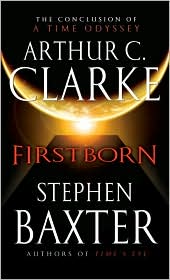
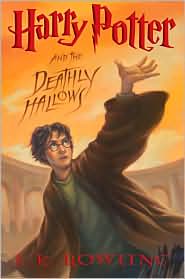
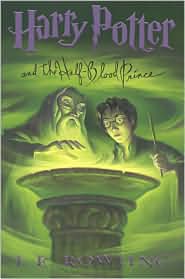
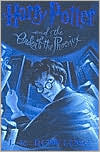

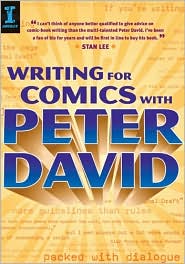
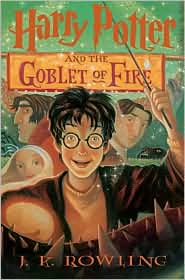

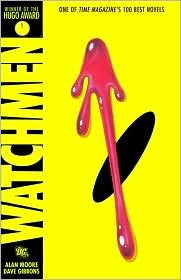

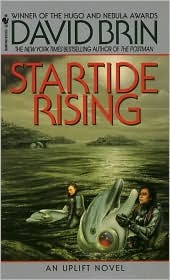



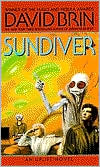



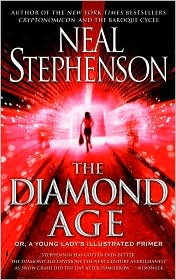








4 Comments:
Interesting technology, as well as commentary. I'm with you in that I'll probably wait for a few more models (improvements?) to come out before snapping one up. I am very interested to see just how much easier the technology is on the eyes. I guess we'll see eventually.
Thanks for the head's up. Hope all's well.
By Anonymous, at 10/04/2006 8:03 PM
Anonymous, at 10/04/2006 8:03 PM
Still a ways away from Diamond Age, it seems.
I'm looking forward to going to Best Buy when I get home and playing with one, but at the current price it'll be many a year before I purchase, but like you it's a technology I'm intrigued by and quite hopeful for.
By Unknown, at 10/06/2006 1:50 PM
Unknown, at 10/06/2006 1:50 PM
But, but -- the smell of books! The tactile sensation! The fabulous, gloaty look of a stacked bookshelf!!! I will hunt out moldy used book stores until I die if this is indeed our future ...
By Anonymous, at 10/06/2006 1:55 PM
Anonymous, at 10/06/2006 1:55 PM
Ah yes the tactile feel of books. And it will never go away. Humans have certain affinities for those senses. More likely we will eventually see books move to a more special status. I see reading screens replacing the cheap paperbacks and the textbooks devoid of special meaning, but the hardbacks will always be bought to display on shelves and to give as gifts of affection. I would also expect to see hardbacks being sold with electronic copies of the book as well, for convenience and to keep your hardback from getting mussed up. Looking through the bookstores and libraries will always be one of my favorite past times, but love of books doesn't diminish allergies to mold and dust. So here's to books on paper, never to be supplanted, only to be supplemented.
By Lucky Bob, at 10/09/2006 12:49 PM
Lucky Bob, at 10/09/2006 12:49 PM
Post a Comment
<< Home